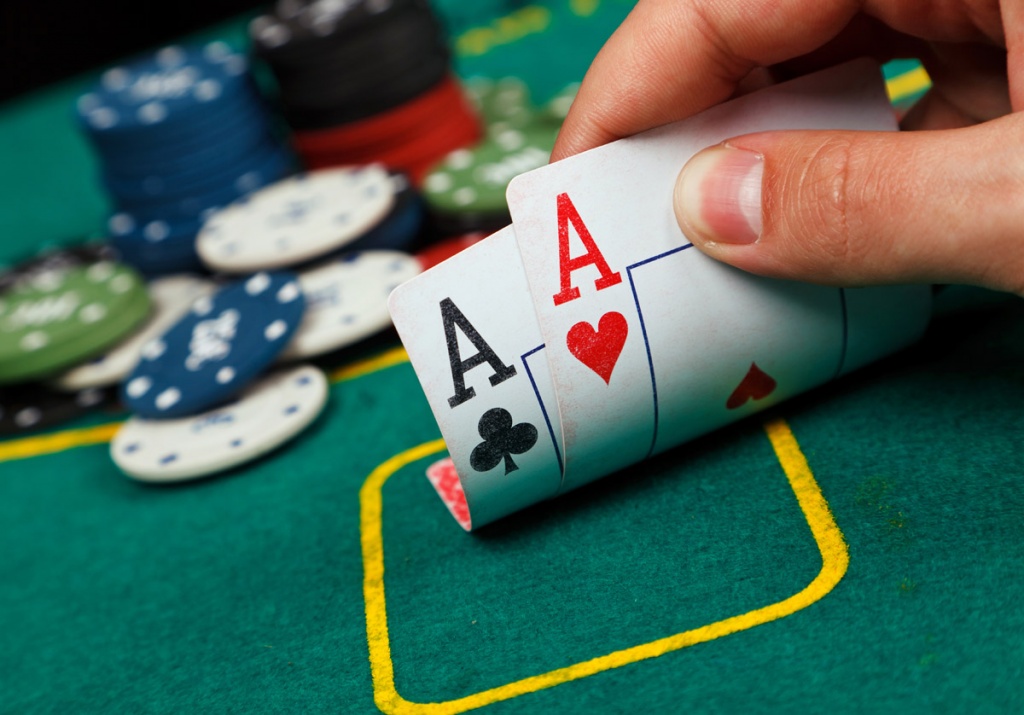What does “responsible gambling” mean to you? Is it setting a limit before you walk into a casino or play a game with friends? Is it making sure to keep the experience fun, instead of one that gets a person into financial, emotional or otherwise in trouble? March is Problem Gambling Awareness Month, a month that highlights the dangers of gambling addiction and brings to light warning signs of irresponsible gambling.
The Four Keys to Gambling Responsibly
According to the National Center for Responsible Gaming, there are four keys to gambling responsibly. Take a look below and see how you can apply these four principles the next time you decide to play a card game, go to a casino, purchase a lottery ticket or place a bet on a sports match.
1. Responsible gamblers understand that the house holds greater odds of winning than the player.
It’s true. The house generally wins, and the games are set up that way. Knowing the odds aren’t in your favor helps you stick to your preset limits of time and money when gambling.
2. Responsible gambling is conducted in a social setting, with family, friends or colleagues.
Gambling should always be done with friends and family – it’s the best way to keep you accountable to your limits.
3. Responsible gambling is done for limited amounts of time, both in frequency and duration.
If you set a limit of how much time and money you’re going to spend while you gamble before you start, it is easier to stick with that plan.
4. Responsible gambling has both predetermined and acceptable limits for losses.
Any gambling activity should be viewed as entertainment, so make sure to set a loss limit that is appropriate for your own budget.
Tips for Setting Your Gambling Guidelines
While these are the four keys to gambling responsibly, there are a few more tips in setting your own guidelines. Take a look:
- The decision to gamble is a personal choice: No one should feel pressure to gamble, or feel that he/she must gamble to be accepted.
- Gambling is not essential for having fun: Gambling should not be perceived as necessary for having fun and being with friends.
- What constitutes an acceptable loss needs to be established before starting to gamble: Any money spent on gambling should be considered the cost of entertainment; people should only gamble with the money they can afford to lose.
- Avoid and discourage borrowing money to gamble.
- There are times when people shouldn’t gamble: Never gamble when under the legal gambling age; if it interferes with work or family responsibilities; when in recovery for addictive disorders; if the form of gambling is illegal; or when trying to make up for prior gambling losses (i.e. “chasing” losses).
- Avoid gambling during certain high-risk situations: When angry or feeling lonely, depressed or under stress; to solve personal or family problems; or to impress others.
- Excessive use of alcohol when gambling can be risky: Irresponsible alcohol use can affect a person’s judgment and interfere with the ability to control gambling and adhere to limits.
If you or someone in your family has a gambling addiction, EFR offers specific counseling resources to help. Visit EFR’s outpatient counseling or use your EFR EAP counseling benefit.
Source: http://blog.ncrg.org/blog/2014/08/four-keys-gambling-responsibly

